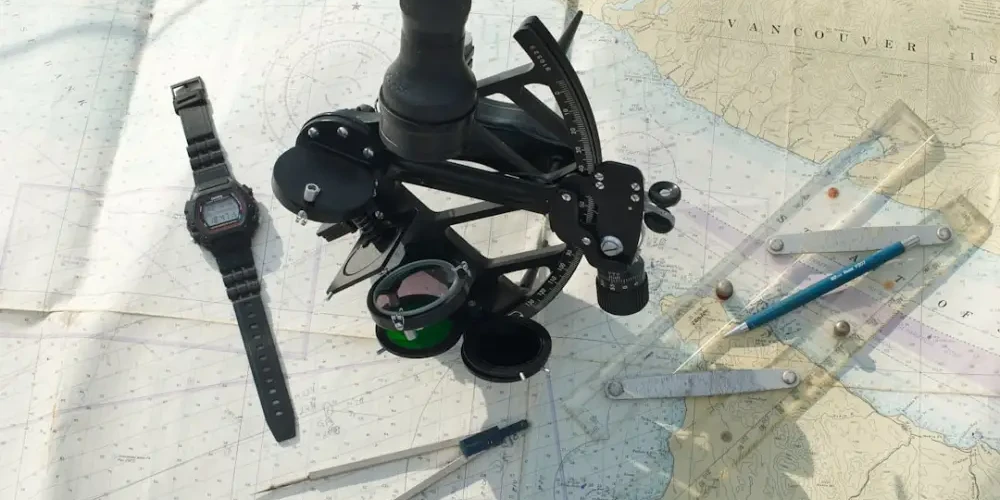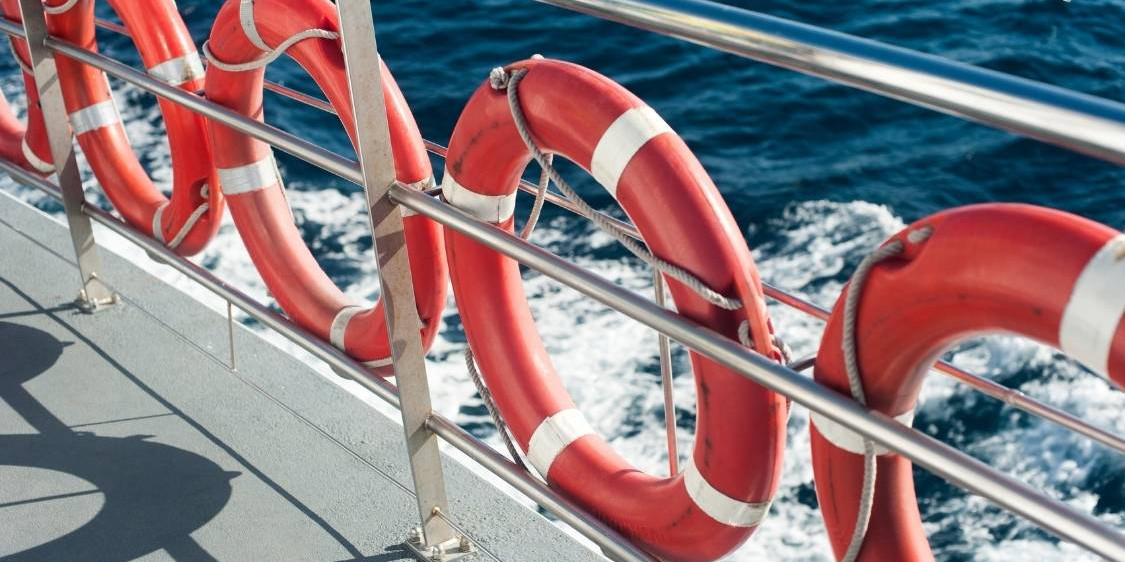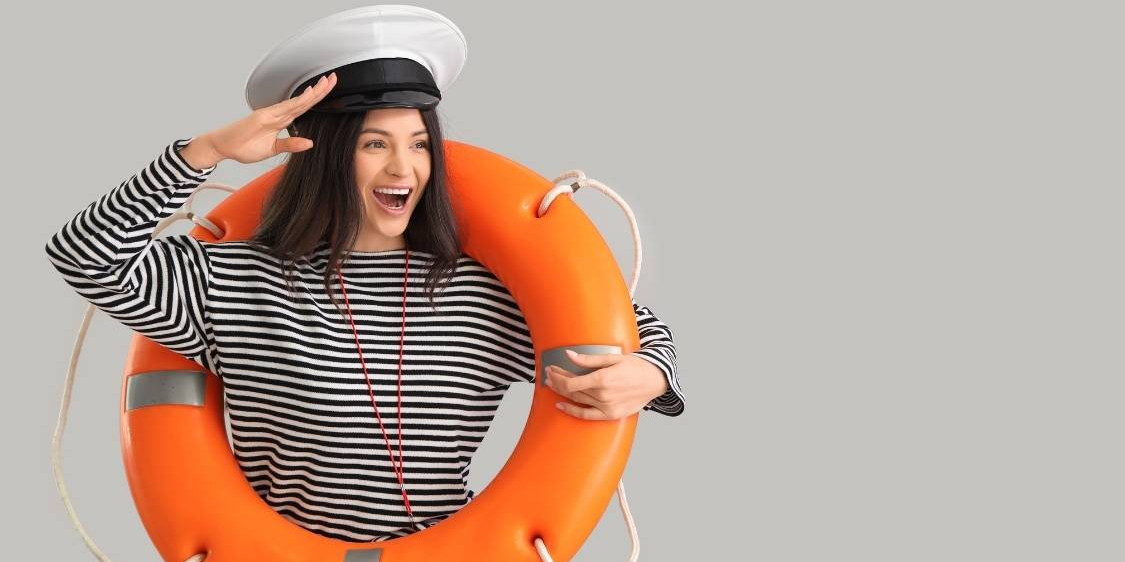For anyone who spends time on the water—whether as a commercial mariner, recreational boater, or seasoned seafarer—weather awareness is one of the most critical factors in maritime safety. The ocean is unpredictable, and conditions can shift from calm to dangerous in a matter of minutes. Understanding how to prepare for, anticipate, and respond to weather changes can prevent accidents, protect lives, and safeguard vessels.
The Unpredictable Nature of the Sea
Unlike land-based travel, maritime navigation is directly tied to environmental conditions. Strong winds, shifting tides, dense fog, and sudden storms can turn a routine trip into a life-threatening emergency. For this reason, weather isn’t just background information—it’s the foundation of safe decision-making at sea.

How Weather Impacts Maritime Safety
Visibility Challenges
Fog, rain, or heavy snow can drastically reduce visibility, increasing the risk of collisions with other vessels or navigational hazards.
Storms and High Winds
Hurricanes, gales, and squalls create unstable conditions that overwhelm even large, well-equipped ships. Smaller vessels are especially vulnerable.
Wave Height and Sea State
Large swells and choppy seas make steering difficult and can cause capsizing or severe vessel damage.
Temperature and Ice Formation
In colder climates, freezing spray and ice buildup can compromise vessel stability, making constant monitoring essential.
Timing and Tides
Shifting tides and currents affect navigation routes, docking schedules, and fuel consumption. A lack of awareness can result in costly or dangerous miscalculations.
Best Practices for Weather Preparedness at Sea
- Check Forecasts Before Departure: Always review local and regional weather updates from trusted sources before setting out.
- Use Multiple Information Sources: Combine marine weather radio, satellite tools, and online forecasts for accuracy.
- Equip Your Vessel Properly: Install radar, barometers, and weather instruments to track changing conditions while at sea.
- Plan for Contingencies: Establish alternate routes and safe harbors in case conditions worsen.
- Train Your Crew: Ensure everyone onboard knows how to respond to sudden weather events, from storms to man-overboard scenarios.
The Role of Awareness in Decision-Making
Weather awareness isn’t only about observation—it’s about action. Experienced mariners know when to delay departure, change course, or return to port. These decisions may seem inconvenient in the moment, but they are vital to preventing accidents. Ultimately, respecting the weather is respecting the sea.




